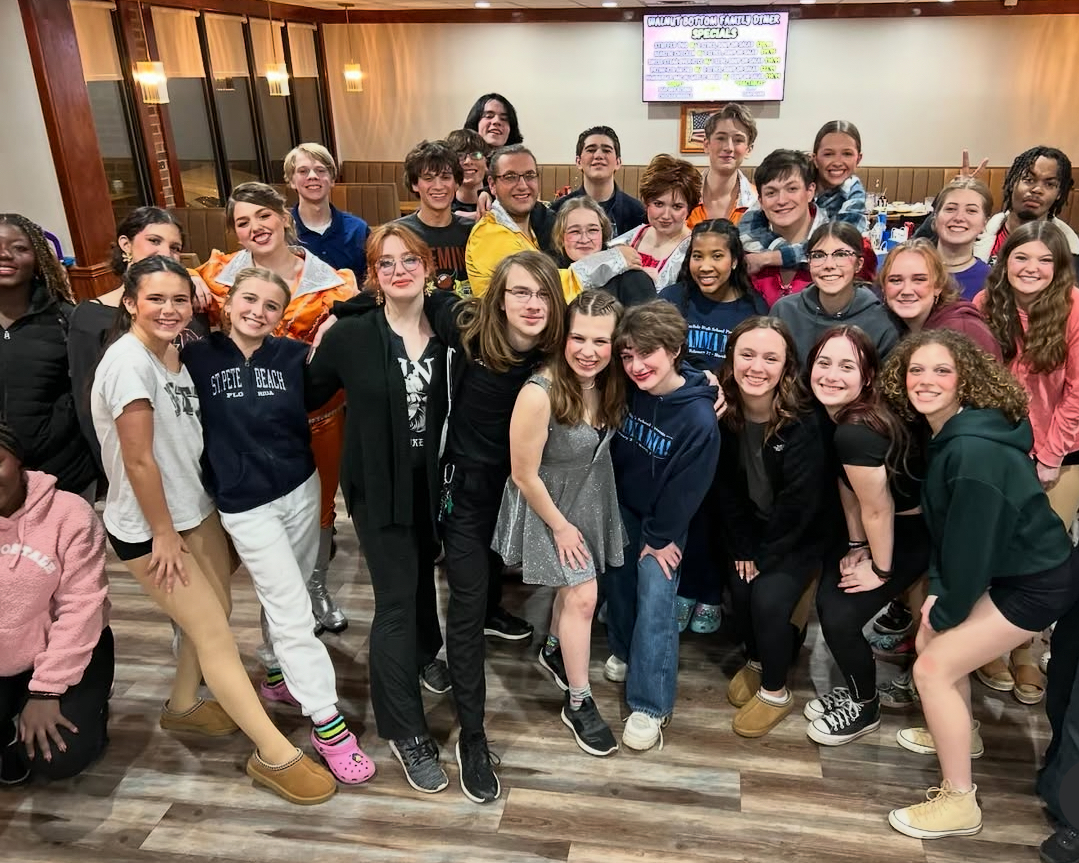Misconceptions of Mental Illnesses (Editorial)
Mental illness can hit a person anywhere. What’s worse though is when people assume that it “will pass”. Don’t let the stigmas hurt the people you love. This is an actor portrayal.
According to statistics from the National Alliance on Mental Illness, in the U.S., approximately 1 in 5 adults experience mental illness in a given year, and 1 in 5 youth aged 13-18 experience a severe mental disorder at some point in their life. For this large percentage of Americans who live with such mental health issues, it is important for these people to have an outlet for expression and communication without outside stressors.
However, when their feelings are invalidated by others due to various misconceptions, it can have a major impact on the person.
One of the most common misconceptions about mental illness is the assumption of looking for attention. People who don’t suffer from any type of mental illness and/or simply don’t understand the severities of the issue tend to think this way. Although this might sometimes be the case, it is not always and saying that someone is looking for attention may invalidate someone’s actual mental health struggles.
Statements such as these can cause individuals to internalize their pain and can often lead to lack of treatment. In 2011, studies done by the Mental Health America organization, showed that 59% of adults with a mental health problem did not receive any mental health treatment.
Another common misconception is that mental illnesses are “a part of growing up” or “happens to everyone.” These statements are plainly absurd and ignorant but many people assume them when the subject of mental illness is brought up. This statement often refers to children and/or teenagers who suffer from mental illnesses such as depression, anxiety, bipolar disorder, etc.
According to an article by Aaron Turpen, a writer for Psyweb, a study was conducted by Harvard University, the University of Michigan and the National Institute of Mental Health Intramural Research Program, stating “Half of all lifetime cases of mental illness begin before the age of 14, a new study says. The study concludes that psychiatric disorders in children are ‘not a phase’ and that early intervention is crucial.”
Although there are hundreds of misconceptions that people simply assume due to lack of familiarity with the subject, mental illness should not be taken lightly. Mental illnesses aren’t phases and aren’t jokes. People must become aware of the severities of depression, anxiety, bipolar, OCD, PTSD, and end the stigma of mental illness once and for all.
Disclaimer: Articles designated as “Editorial” represent the views and opinions of the author, not the 2017-2018 Periscope staff, CHS Administration, or the CHS student body.
[analytics-counter]
Want to help the Herd? Please consider supporting the Periscope program. Your donation will support the student journalists of CHS and allow us to purchase equipment, send students to workshops/camps, and cover our annual website hosting costs.

Reese Daugherty is currently a freshman at Carlisle High School and this is her first time on Periscope staff. Reese enjoys playing the guitar and ukulele...

Maddison Young is a first year staff member and is a senior this year. She is the junior editor of the Arts and Entertainment section. She did Oracle...
































































































Allison Closs • Mar 19, 2018 at 11:19 am
I agree that mental illnesses need to be taken more seriously. Most people do. But I think the more important question is how do we fix this. We already have units dedicated to mental illness in most health classes, so it’s not an issue of educating the youth. Educating adults is much harder because most adults are past their schooling days. And you can’t put a law into place that forces people to take mental health more seriously. I just wish this article would’ve gone into possible solutions.